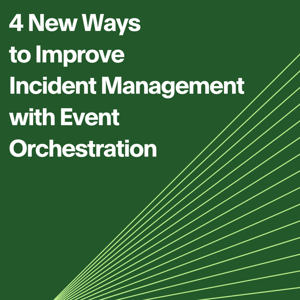Demo Roundups! Automation Standardization (Runbook Automation)
Solution consultants Asif Ahmad and Justyn Roberts show how PagerDuty's management and orchestration for the enterprise helps organizations connect and automate work across teams, systems, and environments. Level up your digital operations expertise with PagerDuty Demo Roundups — a series of live, interactive webinars where you can deepen your knowledge in the Operations Cloud and see how PagerDuty can work for you.








